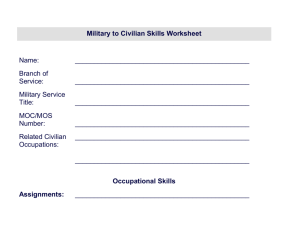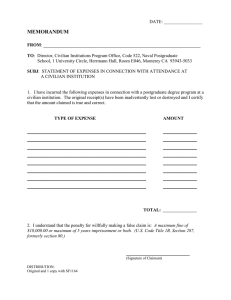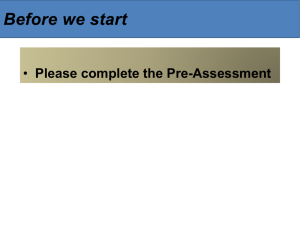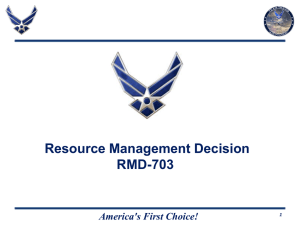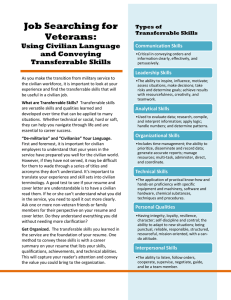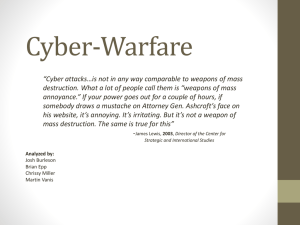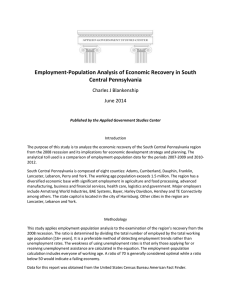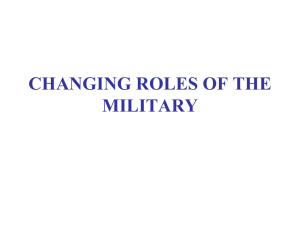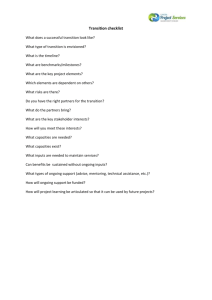Spc Issue 4
advertisement
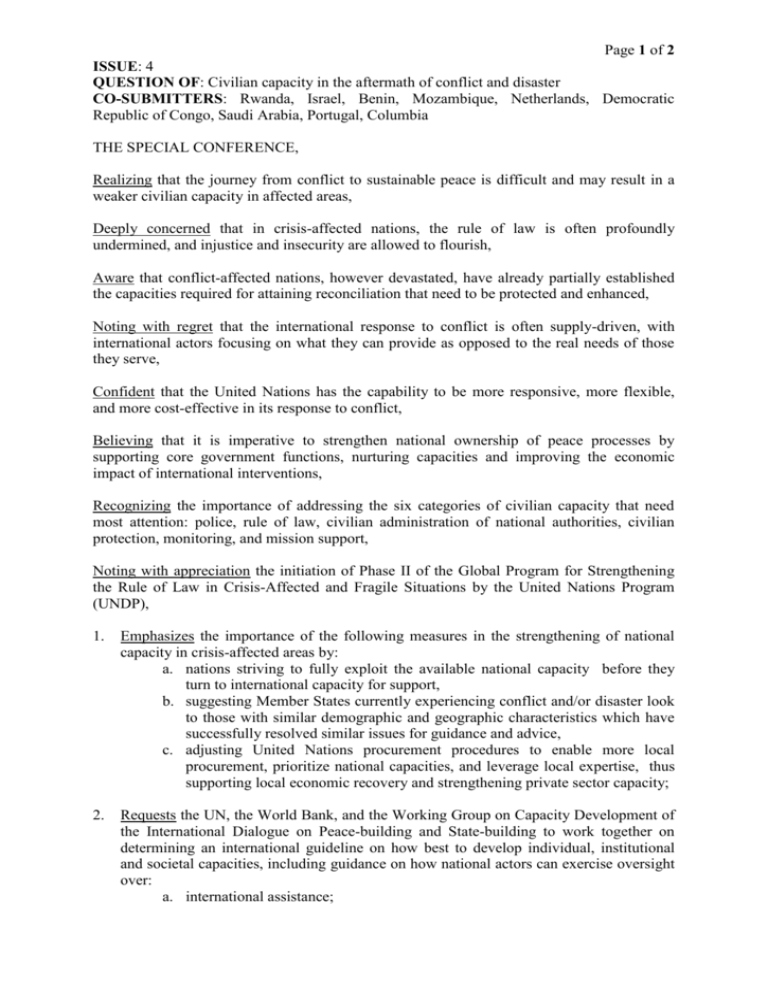
Page 1 of 2 ISSUE: 4 QUESTION OF: Civilian capacity in the aftermath of conflict and disaster CO-SUBMITTERS: Rwanda, Israel, Benin, Mozambique, Netherlands, Democratic Republic of Congo, Saudi Arabia, Portugal, Columbia THE SPECIAL CONFERENCE, Realizing that the journey from conflict to sustainable peace is difficult and may result in a weaker civilian capacity in affected areas, Deeply concerned that in crisis-affected nations, the rule of law is often profoundly undermined, and injustice and insecurity are allowed to flourish, Aware that conflict-affected nations, however devastated, have already partially established the capacities required for attaining reconciliation that need to be protected and enhanced, Noting with regret that the international response to conflict is often supply-driven, with international actors focusing on what they can provide as opposed to the real needs of those they serve, Confident that the United Nations has the capability to be more responsive, more flexible, and more cost-effective in its response to conflict, Believing that it is imperative to strengthen national ownership of peace processes by supporting core government functions, nurturing capacities and improving the economic impact of international interventions, Recognizing the importance of addressing the six categories of civilian capacity that need most attention: police, rule of law, civilian administration of national authorities, civilian protection, monitoring, and mission support, Noting with appreciation the initiation of Phase II of the Global Program for Strengthening the Rule of Law in Crisis-Affected and Fragile Situations by the United Nations Program (UNDP), 1. Emphasizes the importance of the following measures in the strengthening of national capacity in crisis-affected areas by: a. nations striving to fully exploit the available national capacity before they turn to international capacity for support, b. suggesting Member States currently experiencing conflict and/or disaster look to those with similar demographic and geographic characteristics which have successfully resolved similar issues for guidance and advice, c. adjusting United Nations procurement procedures to enable more local procurement, prioritize national capacities, and leverage local expertise, thus supporting local economic recovery and strengthening private sector capacity; 2. Requests the UN, the World Bank, and the Working Group on Capacity Development of the International Dialogue on Peace-building and State-building to work together on determining an international guideline on how best to develop individual, institutional and societal capacities, including guidance on how national actors can exercise oversight over: a. international assistance; Page 2 of 2 ISSUE: 4 QUESTION OF: Civilian capacity in the aftermath of conflict and disaster CO-SUBMITTERS: Rwanda, Israel, Benin, Mozambique, Netherlands, Democratic Republic of Congo, Saudi Arabia, Portugal, Columbia b. the measurement of progress; c. the identification of good practices; 3. Further requests Member States and United Nations Organizations (UNOs) to use the guidance aforementioned to provide training for personnel in LEDCs in enhancing the following critical capacities in the case of a conflict: a. basic safety and security: disarmament, police; and security sector reform and governance; b. criminal justice and judicial and legal reform; c. political processes: political party development; and public information; d. core government functionality: aid coordination; and public financial management; e. economic revitalization: employment generation; natural resource management; and private sector development; 4. Calls upon the UN to establish the Commission on Civilian Capacity (CCC) to serve as a mechanism for ensuring the development of civilian capacity in affected nations by: a. creating an international forum for Member States to submit self-evaluations regarding the type of areas that must be addressed by the UN in their nations; b. developing facilities within the nations determined to need UN aid focusing on the stabilization and growth of the following sectors: i. education; ii. agriculture; iii. industry; c. developing civilian support packages in coordination with the affected Member State or a regional organization; d. supporting enhanced triangular and South-South cooperation; e. increasing private sector partnerships; 5. Encourages the development and training of local and regional first responder groups outside disaster-prone areas to: a. promote timely relief efforts; b. increase civilian capacity and therefore minimize dependence on international aid and eliminate cultural and linguistic barriers; c. increase the ability to monitor signs of potential future conflicts and/or disasters.
